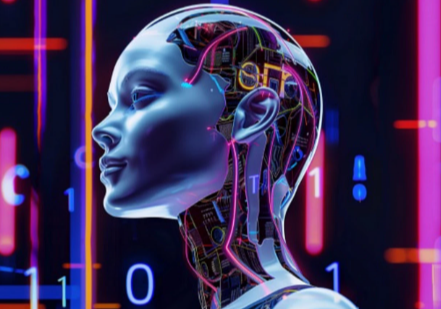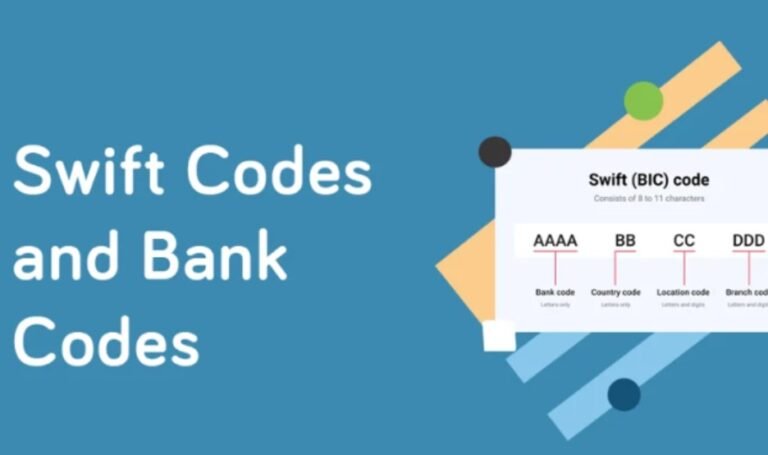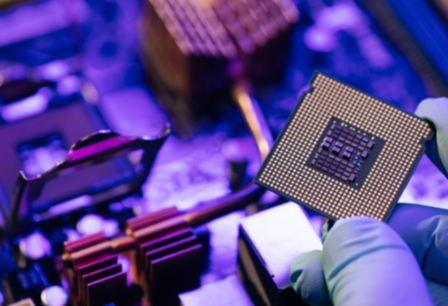Artificial Intelligence is reshaping creative industries in profound ways. It redefines collaboration between human creativity and machine intelligence. Visual artists, musicians, and storytellers are leveraging AI to enhance their work, pushing the boundaries of traditional creativity. This evolution raises critical questions about authorship and the nature of artistic expression. As AI technology advances, the implications for creative practices and the future of artistic innovation become increasingly complex. What might this mean for the next generation of creators?
AI in Visual Arts: Redefining Creativity
AI is transforming the landscape of visual arts, challenging traditional notions of creativity and authorship.
By employing advanced AI techniques, artists engage in creative collaboration, melding human insight with machine-generated content. This fusion fosters new forms of artistic expression, pushing boundaries and unlocking unprecedented levels of visual innovation.
As a result, the definition of creativity is continually reshaped, inviting broader interpretations and freedoms in art.
Read more: The Development of Smart Homes: Convenience and Security
The Role of AI in Music Composition
Revolutionizing the music composition landscape, advanced algorithms are now capable of generating harmonies, melodies, and entire compositions that rival human creativity.
These algorithmic melodies foster unique AI collaborations, blending human intuition with machine precision. As artists increasingly embrace this technology, the boundaries of traditional music creation expand, inviting a new era where innovation and expression flourish, ultimately redefining the essence of musical artistry.
Storytelling in the Age of AI
How does the integration of artificial intelligence reshape the narrative landscape?
It catalyzes narrative innovation, enabling creators to explore interactive storytelling like never before. AI algorithms analyze audience preferences, crafting personalized experiences that engage users in profound ways.
This transformation not only democratizes storytelling but also challenges traditional forms, inviting diverse voices to shape narratives that resonate deeply in this evolving digital era.
Enhancing Design Processes With AI Tools
As design professionals increasingly embrace advanced tools, the integration of artificial intelligence is transforming the creative process in unprecedented ways.
AI tools facilitate design automation, enabling rapid iterations and process optimization. This fosters creative collaboration, allowing teams to explore innovative concepts without constraints.
Conclusion
As artificial intelligence advances, it amplifies artistic avenues, allowing creators to craft captivating compositions across various fields. This synergy of silicon and soul sparks a renaissance of creativity, where diverse voices harmonize in unprecedented ways. The dynamic interplay between human ingenuity and machine learning not only democratizes artistic expression but also dares to redefine the very essence of authorship. Ultimately, AI’s influence beckons a bold, boundary-breaking future for creative industries, brimming with infinite possibilities.



